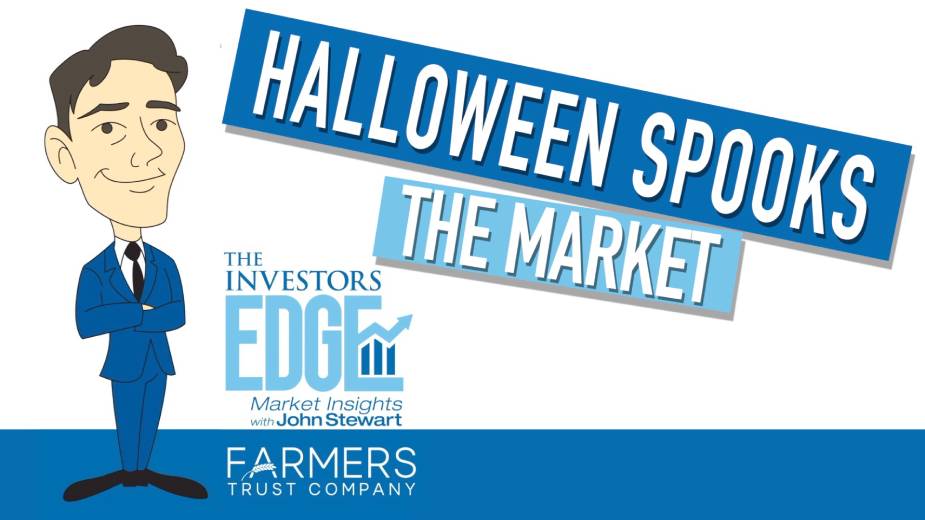The Taxman Cometh
By John Stewart, chief investment officer at Farmers Trust Co.
After a year of government stimulus spending, which very few people objected to since everyone loves “free” money, the conversation has now turned towards how we’re going to pay for it all – higher taxes of course!
This past week, the Biden administration rolled out several tax measures that it would like to see enacted alongside a new infrastructure plan and other initiatives. The tax plans include higher levies on income for top earners, a higher capital gains tax, and higher corporate taxes.
While we must admire the attempt to pay for all the profligate spending that has taken (and will continue taking) place, raising taxes will risk further exacerbating inflationary pressures currently building throughout the economy – that affects all of us regardless of tax bracket.
While many analysts warn that higher taxes will undermine the stock market, the real issue is that higher taxes raise the cost of capital and squeeze the supply side of the economy – resulting in higher prices – and that just may include stock prices as well.
Featured Insight: Don’t Forget to Rebalance
Most investors are so thrilled that their portfolios have rebounded from the depths of last year’s pandemic plunge in the stock market, they may not realize that their portfolio has become risker as stock allocations have ballooned.
With the broader stock market up nearly 50% over the past year, and the aggregate bond market slightly lower over that time frame, a portfolio that started out one year ago at 60% stocks and 40% bonds would now be close to 70% stocks and only 30% bonds.
Investors should consider rebalancing their portfolios by harvesting gains in their equity positions while augmenting exposure in fixed income or other asset classes that bear less risk.
Looking Ahead: On the Lookout for Peak Data
Markets trade on rates of change, and the odds are that growth is going to slow as we move into the second half of this year.
Twenty percent earnings growth in the third quarter sounds great, but it’s not as good as the 50%+ earnings growth we’re going to get in the current (2nd) quarter. Less good is in fact bad for the stock market.
While it is likely still too early to sound the alarm bells – growth is still accelerating after all – at some point in the next few months we may see fit to recommend scaling back on everything that has been performing well for the past six months. That would mean reducing cyclical sectors like energy, industrials, and materials – and adding to defensive sectors like utilities and consumer staples.
Hear more on these insights from Stewart in the video above.
Copyright 2024 The Business Journal, Youngstown, Ohio.


